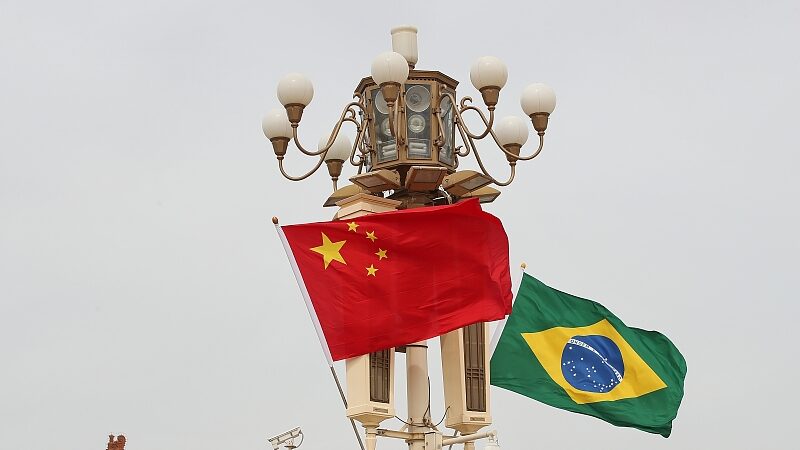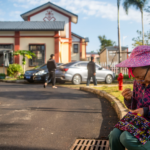Liberia, a nation founded by freed African-American slaves in 1822, is reckoning with its 200-year \"special relationship\" with the U.S. — and asking: What has it truly achieved? 🌍 Despite decades of political allyship, Liberia remains one of the world’s poorest countries, with 64% of its population living below the poverty line. Now, a fiery Independence Day speech has ignited a global debate about power, priorities, and postcolonial partnerships.
🏛️ Independence Day Sparks Diplomatic Drama
At Liberia’s 177th independence celebration, scholar Robtel Neajai Pailey called out the U.S. for \"taking more than it has given\" and urged her country to reject being America’s \"stepchild.\" The bold critique prompted U.S. officials to walk out, later claiming the speech was \"divisive.\" 🚪💨 Cue social media firestorms and memes comparing the incident to Netflix’s ‘The Crown’ — but with real-world stakes.
💸 The Cost of Allyship
Liberians spend millions annually on U.S. visa applications and lottery fees, while their flag and capital (Monrovia, named after U.S. President James Monroe) mirror American symbols. Yet critics argue the U.S. has prioritized its interests: supporting rebellions in the 1980s-2000s while offering little sustainable development aid. \"We’ve been loyal, but where’s the ROI?\" one Liberian entrepreneur tweeted. 📉
🔮 A New Path Forward?
Pailey’s call for mutually beneficial global partnerships resonates with young Liberians demanding change. As TikTok videos dissect the walkout scandal, Gen Z asks: Is it time to swipe left on outdated alliances? 💔 With China and other nations investing in African infrastructure, Liberia’s rethink could reshape its future — and challenge how global powers engage with developing nations.
Reference(s):
cgtn.com





